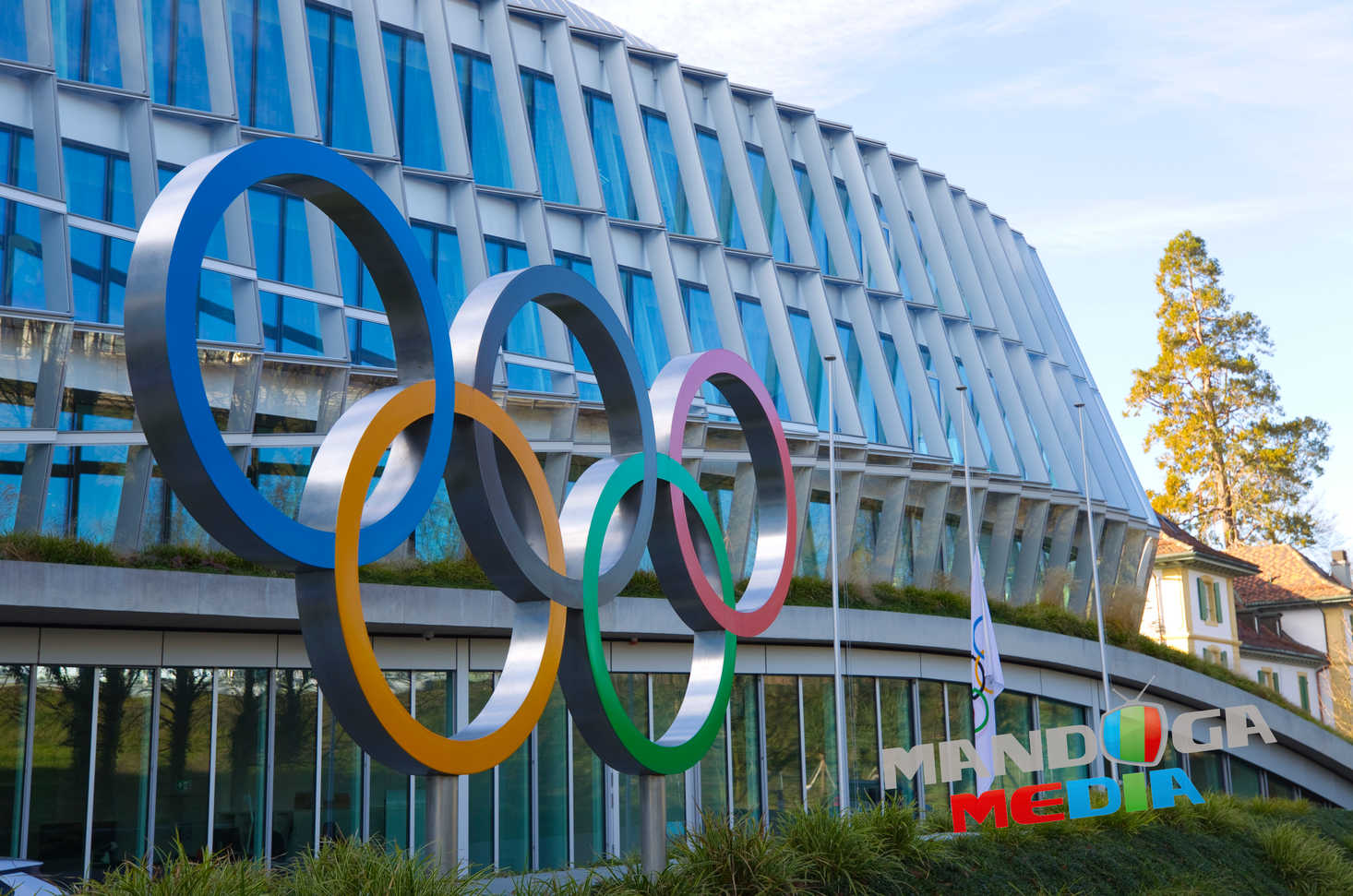
The IOC Session today praised the achievements of Olympic Agenda 2020, the strategic roadmap for the IOC and the Olympic Movement. Following the review of the Closing Report on Olympic Agenda 2020, the IOC Members approved it unanimously.
Adopted by the IOC at its 127th Session in Monaco in December 2014, Olympic Agenda 2020 is a set of 40 detailed recommendations whose overarching goal was to safeguard the Olympic values and strengthen the role of sport in society. Identified and collated through a collaborative and consultative process involving Olympic Movement stakeholders and outside experts, they were driven by an understanding that the world was evolving rapidly and that the Olympic Movement had the opportunity to be an agent of change. The motto underpinning the process from identification to adoption to implementation was “change or be changed”. A philosophy that remains as compelling today as it was six years ago.
In the six years since it was adopted, Olympic Agenda 2020 has had a profound impact on the Olympic Movement and resulted in important transformations. It has strengthened the IOC and the Olympic Movement by introducing changes intended to make the Olympic Games fit for the future. It has also safeguarded the Olympic values and reinforced the role of sport in society. These achievements have laid solid foundations for the future.
Commenting after the unanimous approval of the Closing Report on Olympic Agenda 2020, IOC President Thomas Bach said: “Today, we look back at what we have achieved together. Over the course of the past years, all Olympic Movement stakeholders have contributed to make Olympic Agenda 2020 come to life.”
He continued: “Olympic Agenda 2020 was a vision intended not only for the IOC but for the entire Olympic Movement. This is why I would like to express my heartfelt thanks to all of you, the IOC Members, for your support and commitment to make this vision a reality. A big thank-you also goes to the National Olympic Committees, the International Federations, the athletes, and so many stakeholders who translated these reforms into their own areas.


